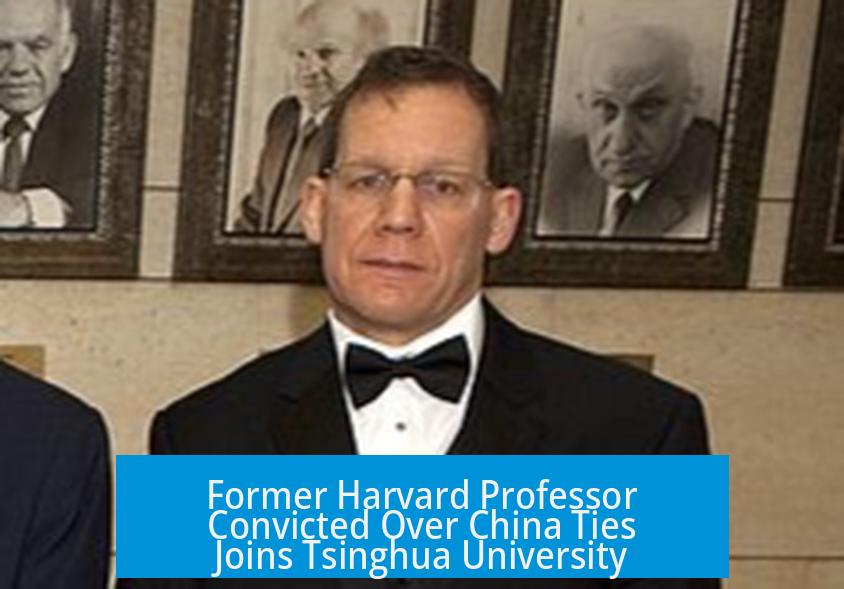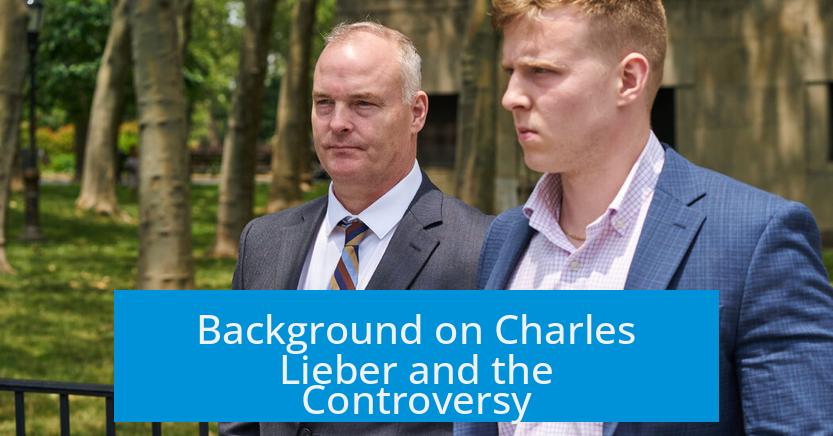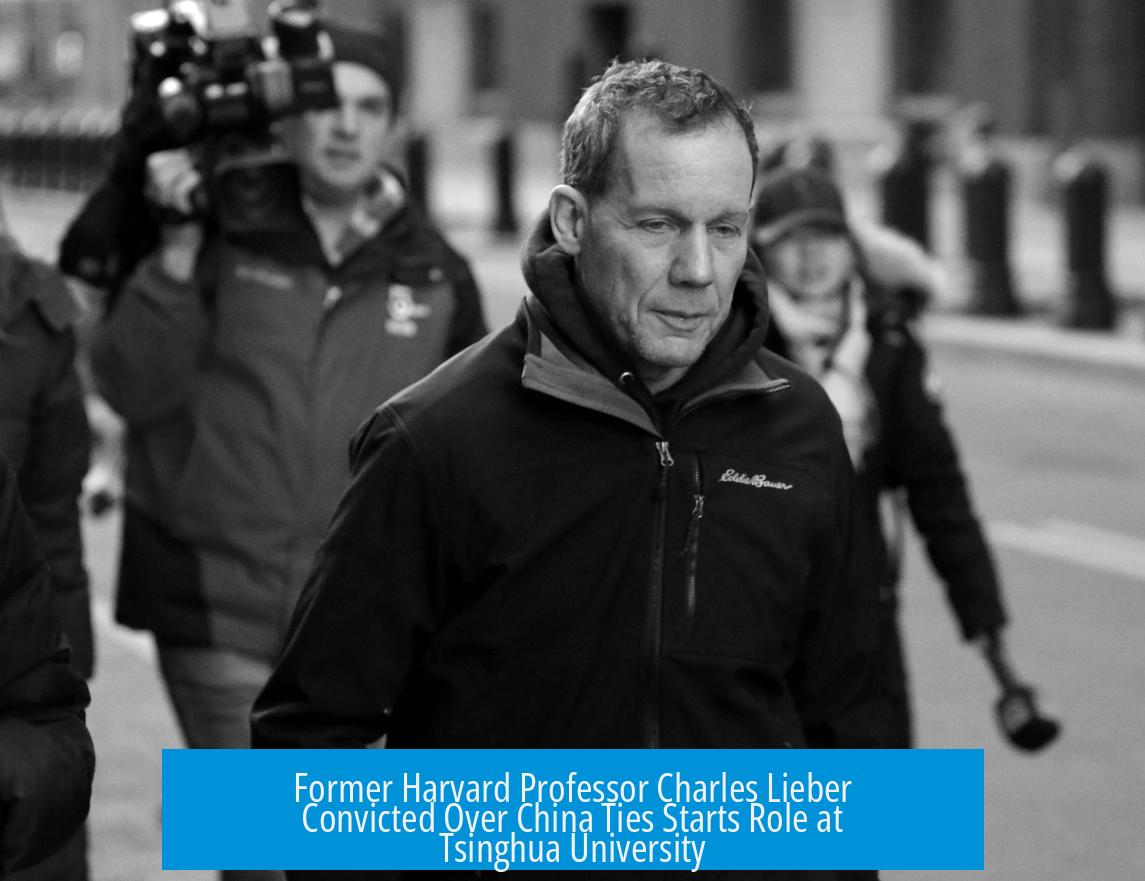Former Harvard Professor Convicted Over China Ties Joins Tsinghua University

Charles Lieber, formerly a Harvard professor convicted of misconduct related to his ties with China, has accepted a position at Tsinghua University. This move highlights ongoing complexities in the intersection of science, ethics, and international collaboration.
Background on Charles Lieber and the Controversy

Charles Lieber is a prominent figure in nanoscience who faced serious allegations concerning research integrity and undisclosed affiliations with Chinese institutions.
- Several colleagues criticized Lieber’s research reproducibility, accusing him of relying on selective data extraction by his graduate students.
- Concerns were also raised about unethical scientific practices and failure to disclose conflicts of interest.
- Eventually, Lieber’s legal troubles led to his expulsion from Harvard University.
This episode generated a broad discussion about accountability in academia and the risks posed by undisclosed foreign connections.
Joining Tsinghua University
After the legal and professional fallout, Lieber’s recruitment by Tsinghua University marks a significant event. Tsinghua rarely recruits Western scientists of Lieber’s stature to full-time positions.
- The appointment has surprised some observers despite the story’s complicated background.
- It also draws attention to China’s strategy in attracting experienced researchers with international reputations.
- Supporters see this as a positive development for both Lieber and Tsinghua University.
Defense and Reactions to Lieber’s Appointment
Reactions to Lieber’s new role remain divided among academics and commentators.
- Some supporters defend Lieber, emphasizing his health struggles during the legal process and arguing for fairness.
- Others criticize detractors who disparage his scientific work, citing successful replication of his protocols by some researchers.
- The debate reveals differing perspectives on ethical standards, scientific reproducibility, and the impact of legal issues on a researcher’s career.
Key Takeaways
- Charles Lieber’s appointment at Tsinghua University follows legal challenges and professional setbacks linked to undisclosed ties with China.
- His case underscores the importance of transparency and integrity in scientific research.
- The move highlights China’s ongoing efforts to recruit high-profile international scientists.
- Reactions to his appointment reflect a complex interplay of support, criticism, and scientific debate.
What led to Charles Lieber’s conviction related to his China ties?
Lieber was convicted due to undisclosed collaborations with Chinese institutions. The case focused on his failure to report funding from China while working at Harvard.
Why is Lieber joining Tsinghua University seen as significant?
Tsinghua rarely recruits Western scientists at Lieber’s level full time. His move highlights China’s push to attract top global researchers despite controversy.
How have scientists and the public reacted to Lieber’s new position?
Reactions are mixed. Some condemn his past ethics and legal issues, while others defend his scientific work and question the fairness of his prosecution.
Did Lieber’s supporters cite any reasons to defend him?
Supporters mentioned his serious health issues like cancer during the legal case. They argue the charges were harsh given his condition.
What criticisms exist about the scientific integrity of Lieber’s research?
Some colleagues accuse him of selective data presentation and poor research ethics, claiming difficulties reproducing his results.





Leave a Comment